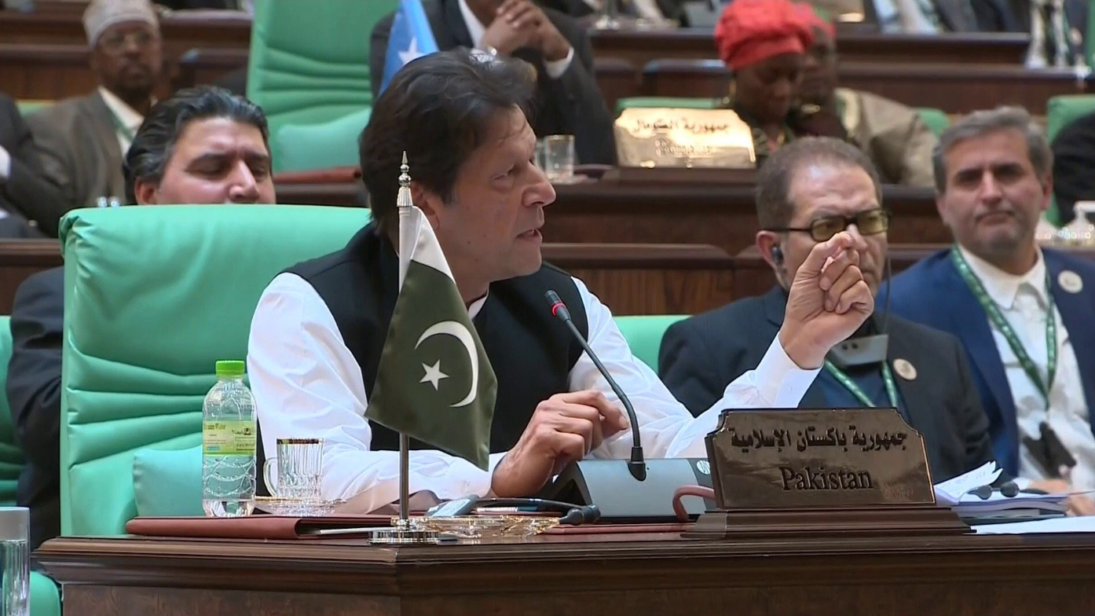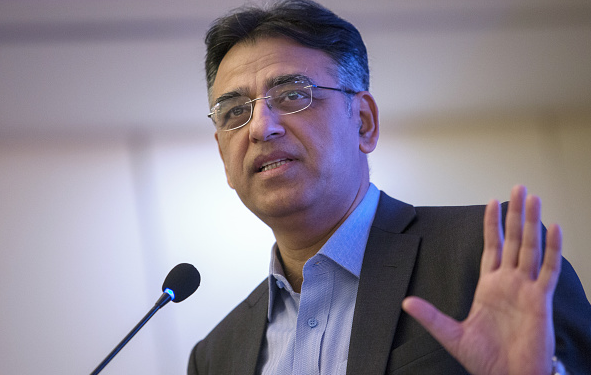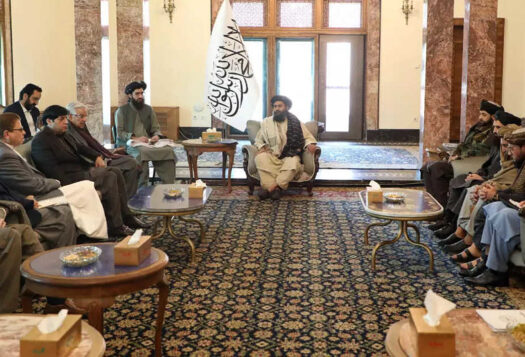
The Pakistan Tehreek-e-Insaf (PTI) continues to roll from one crisis to another. Even after ruling Pakistan for over nine months, the PTI government appears to have little direction when it comes to managing the economy and the country’s bureaucracy. On the campaign trail, PTI party chief Imran Khan had made a number of promises concerning reforming the country’s economy and governance structure. However, beyond rhetoric, Prime Minister Khan’s government has not made any real progress on any of its major promises. While inheriting a serious debt situation from the previous government and other structural challenges have certainly played a role, the PTI’s political missteps have also contributed significantly towards deepening Pakistan’s economic and governance crisis.
Having repeatedly targeted and rejected the previous government’s economic policies, which included seeking an IMF loan, the PTI could not afford to go to the IMF immediately after winning the election.
With regard to Pakistan’s economy, Khan and his ministers became the victim of their own rhetoric, and their politicking has cost the country dearly. During the campaign, Khan had asserted that his political party will not go to the International Monetary Fund (IMF) for a loan. This appealed to PTI’s nationalist base, which desires independence from foreign actors such as international institutions. Conventional wisdom dictated that an IMF loan would be needed since the country’s foreign exchange reserves had fallen to alarming levels. However, having repeatedly targeted and rejected the previous government’s economic policies, which included seeking an IMF loan, the PTI could not afford to go to the IMF immediately after winning the election. The party was also concerned that the austerity measures that would accompany such a loan would make it difficult to carry out the ambitious social welfare programs they had promised the country. But under the PTI government, inflation skyrocketed to over 9 percent, the highest in five years, and foreign direct investment dropped significantly, and thus, there was no choice but to approach the IMF for a bailout.
There are also questions about whether the government realized the gravity of the economic situation and whether it has the chops and leadership to deal with these challenges. For instance, Khan and his economic team believed that monetary support from friendly countries such as China and Saudi Arabia would stabilize the economic situation but these loans were not enough to tide Pakistan over. In addition, after eight months of confusion, Khan not only fired his finance minister, Asad Umar, at a delicate juncture for the economy but also brought in the same team to deal with the IMF that had served his predecessors and that he had targeted during the campaign for ineffective economic policies.

There are other problems of capacity when it comes to Khan’s political team. The PTI of today is not the same party which Khan lead about two years ago. A number of the party’s ideologues have either left the party due to differences with the direction that PTI has taken over the past few years or have been sidelined within the party. This has happened due to two reasons: one, during the last few years, politicians from other mainstream political parties such as the Pakistan Muslim League-Nawaz (PML-N) and the Pakistan Peoples Party (PPP) have filled key positions in the party. Thus, a significant number of ministerial positions are being run by politicians that have not traditionally been with the PTI and they have brought in their own individual political agendas to the party’s ranks. Second, the inclusion of politicians from the PPP and the PML-N into the PTI has created rival power centers in the party. And Khan has struggled to manage these ongoing rivalries.
The inclusion of politicians from the PPP and the PML-N into the PTI has created rival power centers in the party. And Khan has struggled to manage these ongoing rivalries.
The PTI’s inability to take effective action is particularly striking because the party does not face a significant threat from opposition parties. Though the PTI’s main rival, the PPP, has criticized the government’s poor handling of the economic crisis and is opposing the government’s potential revoking of the 18th amendment, the PPP has its own troubles since it is currently embroiled in various corruption cases brought on by the National Accountability Bureau (NAB). Thus, the PTI’s own missteps are largely to blame for the situation that has been created.
The recent bailout agreement with IMF is going to further force the government’s hand further. The next six months are going to be difficult for the PTI, with rise in inflation and unemployment likely to bring unprecedented pressure on the government. With the austerity measures that will accompany the IMF loan, the Khan government would likely have to make some unpopular decisions that draw the public’s ire. However, such decisions are necessary to not only ensure that the country doesn’t default but also for Pakistan’s viable economic future.
One cannot deny that the PTI government inherited an economic crisis that cannot be fixed in a year or perhaps even within a constitutional term. However, the party has to contend with the fact that it has lost much of the popularity it enjoyed during the electoral campaign and will have to regain the confidence of its voters that it can bring prosperity to Pakistan. The government still has more than four years to not only change its policy direction but also to fulfill its electoral promises of reform. Thus, to stay in power going forward, Khan and his government would have to stop basing decisions on politicking or electoral compulsions and calculations and consider the larger national interest when putting in place measures to improve the country’s economy. Khan will also have to discipline his party members to reign in infighting and bring them on the same page such that they can work together to develop and implement coherent policy in service of the people. This would bode well not only for the electoral future of the PTI but of Pakistan as well.
***
Image 1: PTIofficial via Twitter
Image 2: Bloomberg via Getty Images


